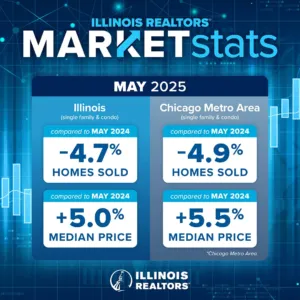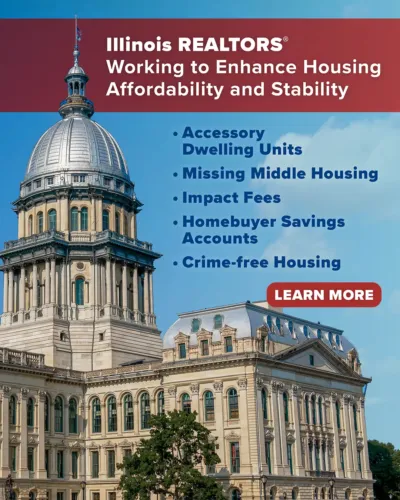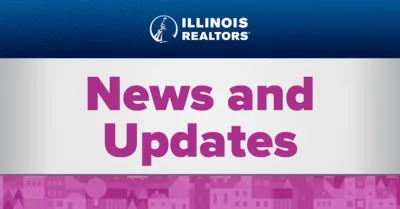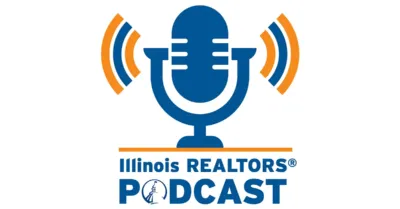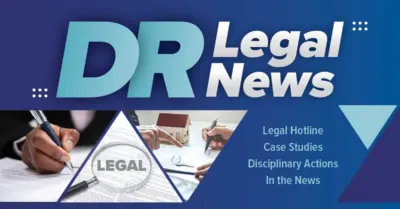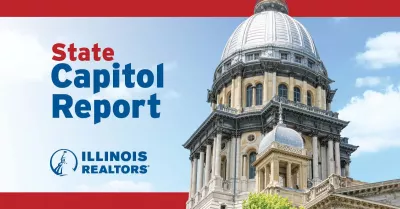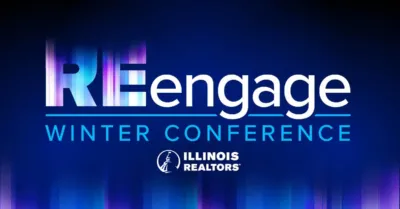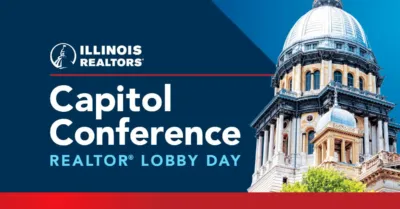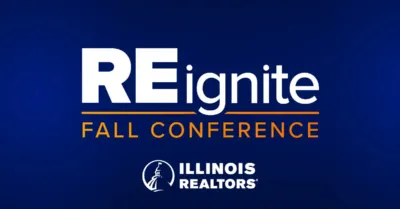A case study on Source of Income as a Protected Class for all of Illinois

Effective Jan. 1, 2023, the Illinois Human Rights Act was amended adding Source of Income (SOI) as an additional protected class. SOI is defined as any lawful source of income that a person would use to pay rent or mortgage payments, where the source may not be the sole reason for denying or limiting housing to applicants.
Here are some examples of lawful sources of income:
- W-2 Wages
- Veterans’ Benefits
- Social Security Payments
- Alimony
- Child Support
- Commissions
- Housing Choice Vouchers (HCV or Section 8 subsidies) – all guidance thus far suggests that HCVs will be considered as income for rental applicants participating in this program
This non-exhaustive list of possible sources of income demonstrates that the HCV is not the only source of income being protected under the recent amendment. However, there seems to be some misunderstanding that the housing choice voucher is the only rental payment method covered by the amendment. While that is not the case, it is important to learn about how to participate in the Housing Choice Voucher process.
Prior to this amendment, housing providers in Illinois (excluding municipalities or locales where SOI is already protected under a local ordinance) could opt out of the HCV program so long as they were consistent in their processes. It was common to see “No Section 8” or similar statements in the Multiple Listing Service Remarks Sections. This will no longer be permitted. Unless there is a substantial financial hardship affecting a housing provider (proven by fact-based analysis) by participating in the program, the housing provider will need to consider HCV recipients like any other market applicants seeking rental properties.
General Outline of the Process for Participation with the HCV Program:
(Note: There will be some variations depending on the Local Housing Authority)
NOTE: As previously stated, the process for the local housing authorities may vary somewhat, but this outline attempts to give some general information regarding this worthwhile program.
About the writer: Elizabeth A. (Betsy) Urbance, General Counsel and Vice President of Legal Services has served the association’s members as General Counsel since 2018 and prior to that she was Legal Hotline Attorney since 1994. Urbance is a 1984 graduate of Western Illinois University and received her law degree from the University of Missouri School of Law in 1987. She is licensed in both Illinois and Missouri.


